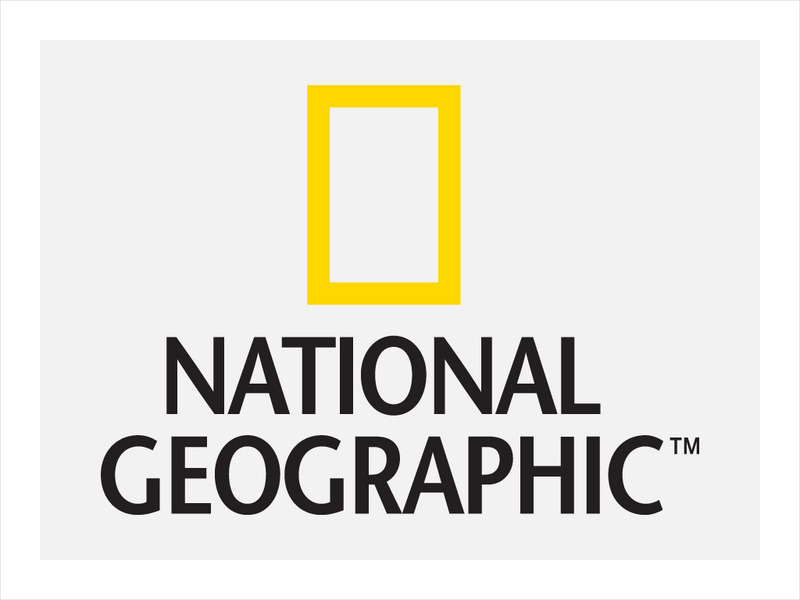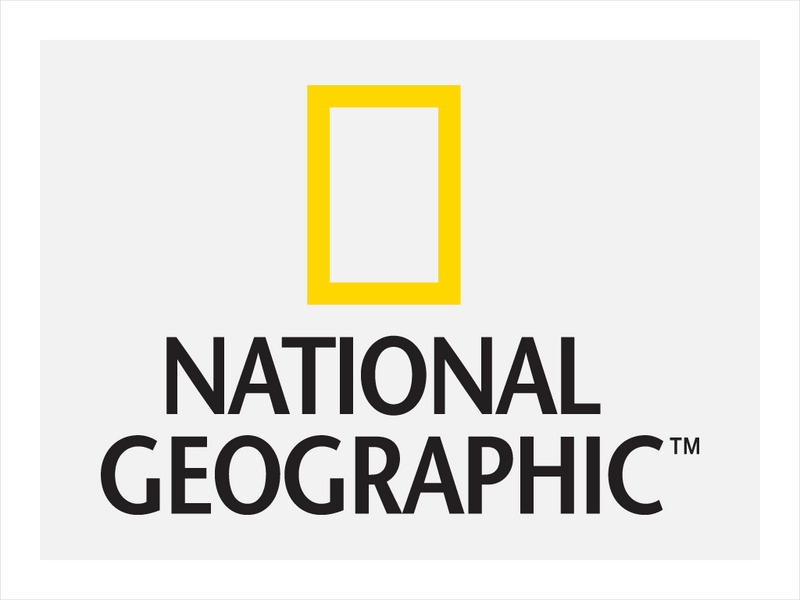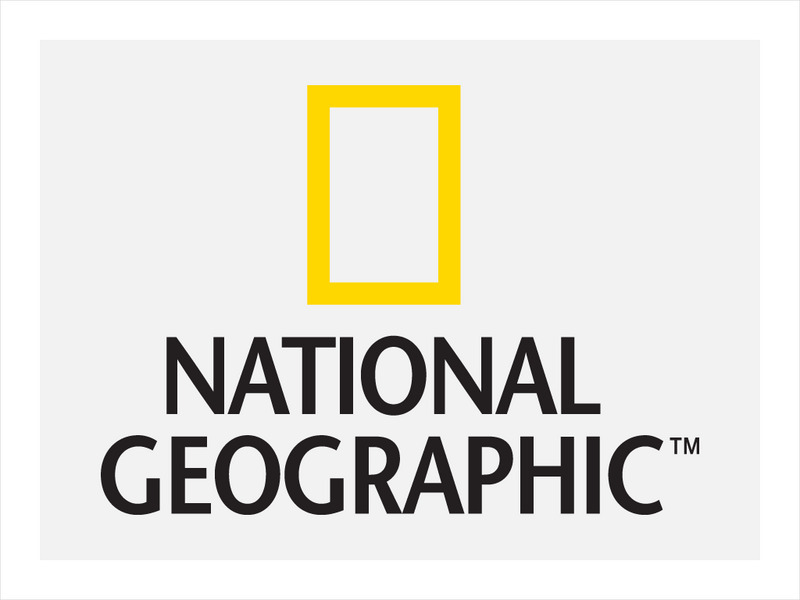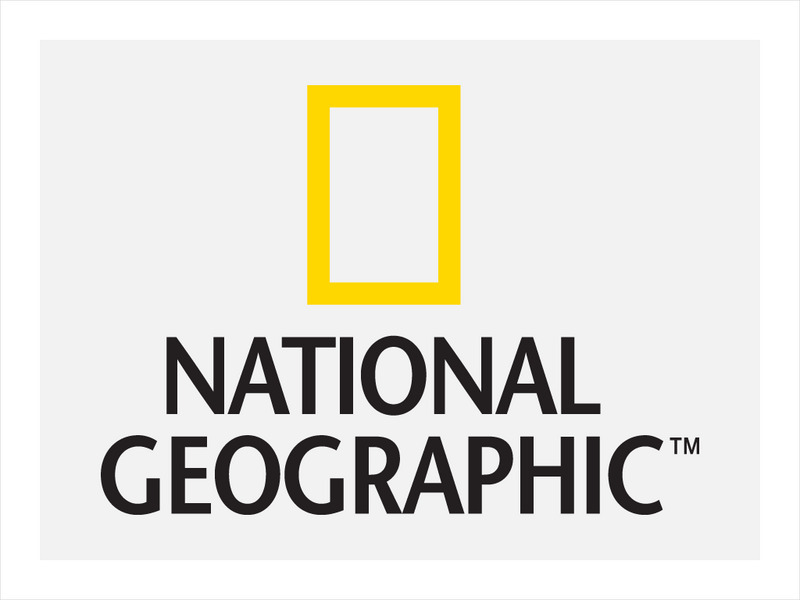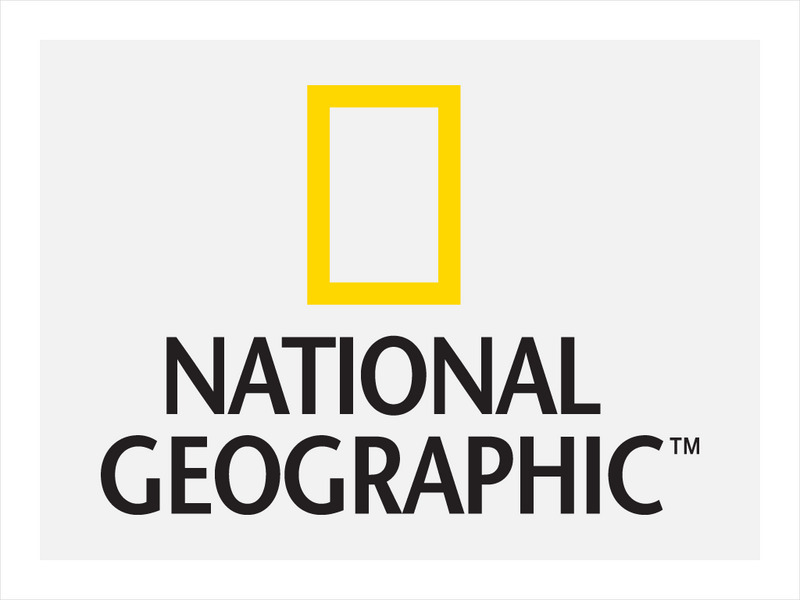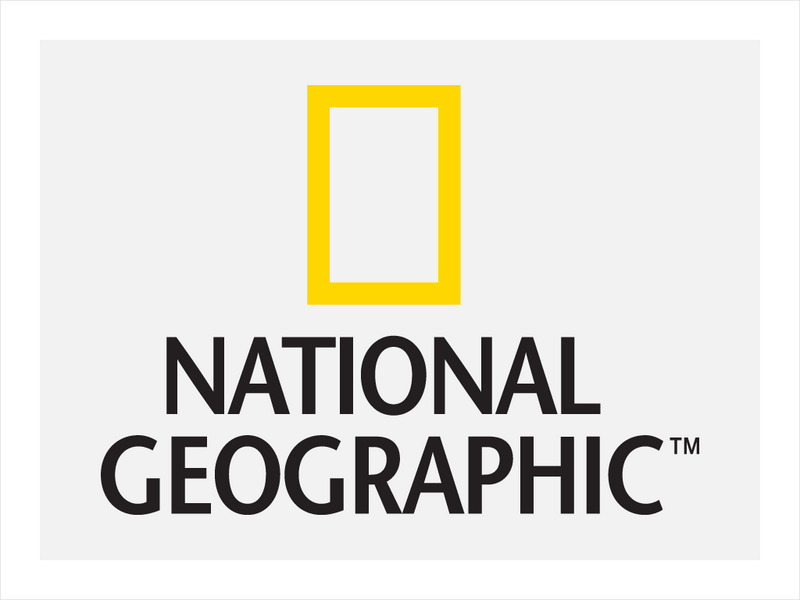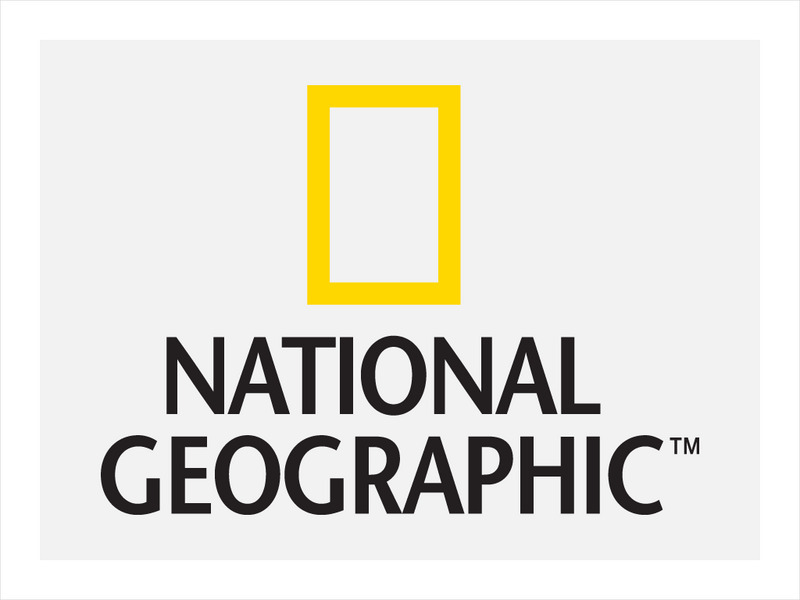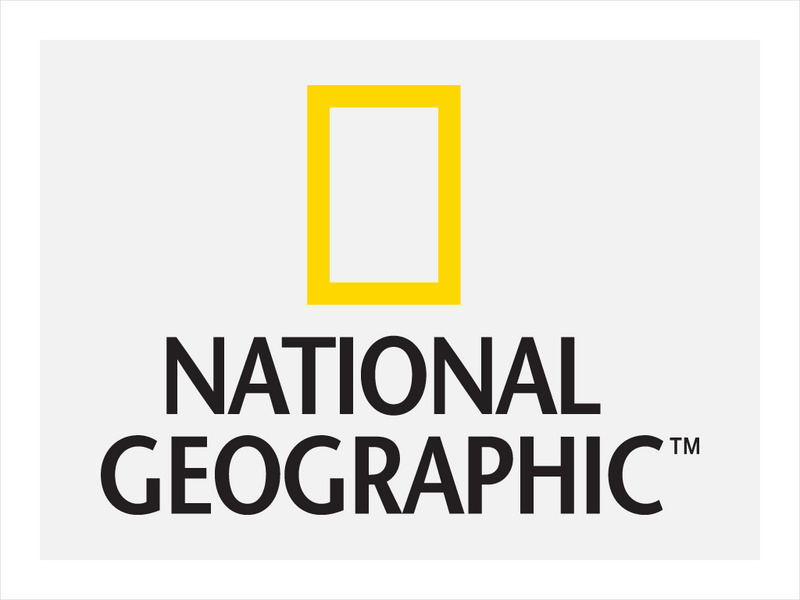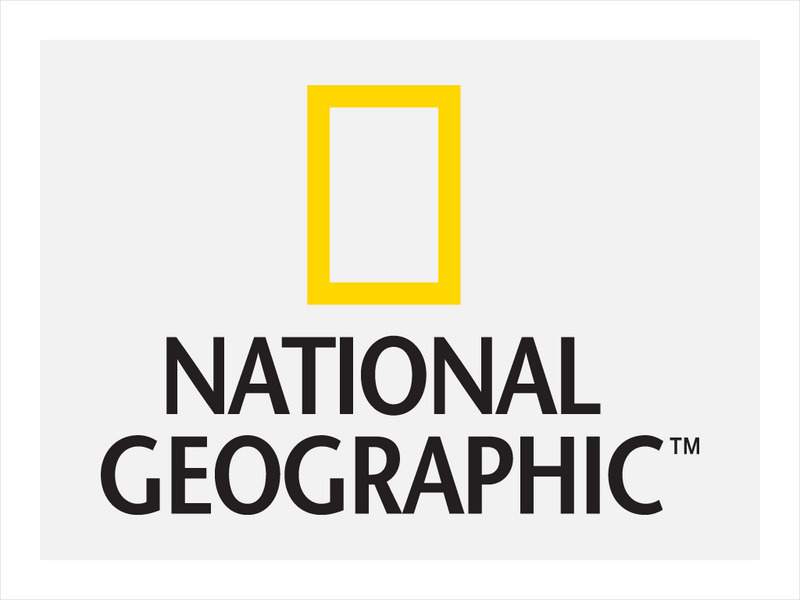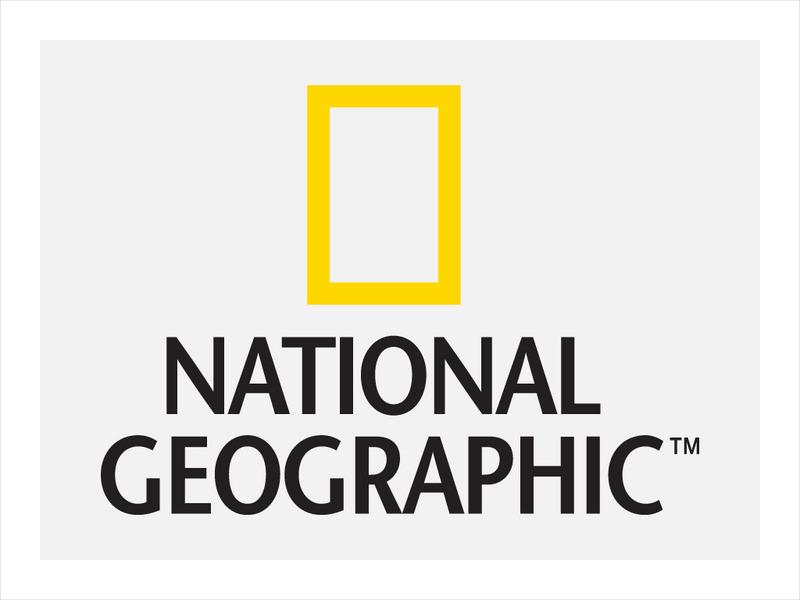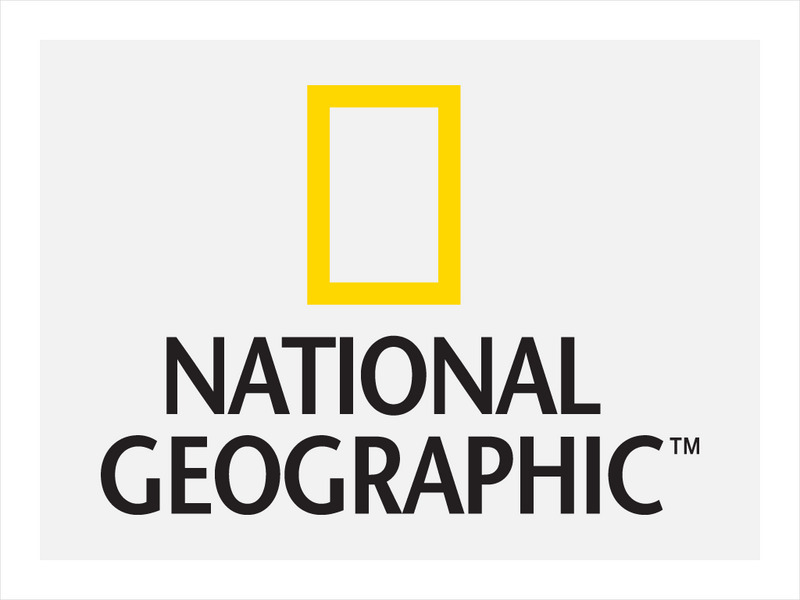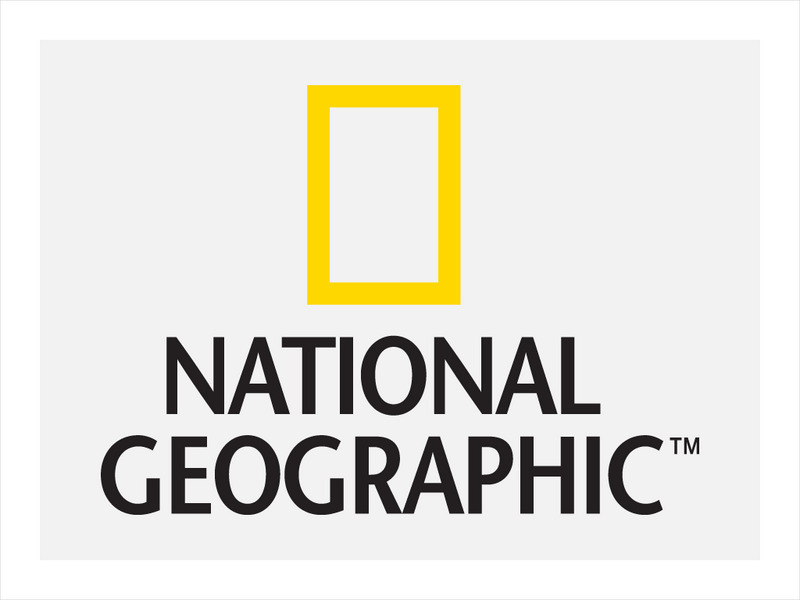National Geographic
National Geographic: Plate Tectonics
A short tutorial on plate tectonics. Includes a video, background reading, three questions, fast facts, and a vocabulary list. Discusses the publication of the Tharp-Heezen map of the seafloor in 1977 which paved the way for a much...
National Geographic
National Geographic: Encyclopedic Entry: Non Renewable Energy
A good primer on non-renewable energy sources. Covers the overall advantages and disadvantages, and discusses the different types and their pros and cons. Includes a slideshow with captions.
National Geographic
National Geographic: Mapping
Media-rich resource features extensive mapping tools including activities, games, reference, printables, and more.
National Geographic
National Geographic: Encyclopedic Entry: Rural
What is rural living, and how does it compare to city life? Find a detailed description of the difference with this article.
National Geographic
National Geographic: Geography Awareness Week
This resource is the portal to all the resources National Geographic provides for celebrating Geography Awareness Week, which occurs the third week of November. Find the toolkit, archives of previous celebrations, videos, and mapmaking...
National Geographic
National Geographic: Encyclopedic Entry: Urban
Learn the definition of an urban community and how it differs from a rural area.
National Geographic
National Geographic: Geographic Groceries
This site provides activities and lesson plans for all age levels on mapping.
National Geographic
National Geographic: The Underground Railroad Route
A classroom activity enhancing study about slavery in the United States focused on the Underground Railroad. Students will explore the slave and free states and look at routes the Underground Railroad took to help slaves escape to...
National Geographic
National Geographic: Many Moves of Migration
It is well known that some animals migrate annually or semi-annually, but this exercise will identify how many animals actually migrate, how they migrate and why.
National Geographic
National Geographic: Mapping Ocean Currents
An unfortunate spill of 92,000 rubber ducks into the ocean in 1992 elicited invaluable information about global ocean currents as scientists tracked their journeys around the world. In this lesson, students first learn about the Ocean...
National Geographic
National Geographic: Visualizing Watershed Health
Using data visualizations that show dissolved oxygen levels, students analyze the health of the Chesapeake Bay watershed. They will also learn about dead zones, which are aquatic areas where there is insufficient oxygen to support life....
National Geographic
National Geographic: A Latitude/longitude Puzzle
Through examining maps students will be able to identify locations and characteristics of them based on latitude and longitude and infer what events might occur in the places.
National Geographic
National Geographic: Mapping Landforms
Students will study landform maps of states and then create a project of their own.
National Geographic
National Geographic: Comparing Historical Maps
Consider the changes that occur in towns, cities, countries through viewing maps from hundreds of years ago and modern day.
National Geographic
National Geographic: Mapping u.s. Watersheds
Students will identify and explore major rivers and watersheds in the United States.
National Geographic
National Geographic: Earth's Changing Climates
In this lesson, students investigate changes that have been documented showing how the Earth's climate has changed in the last 120 years and over larger time spans. They use it to infer possible future climate trends, while learning that...
National Geographic
National Geographic: Building Circuits
In this lesson, students build series and parallel circuits and test their conductivity. Includes handouts with diagrams, and a vocabulary list with definitions.
National Geographic
National Geographic: Evaluating Other Energy Sources
A comprehensive lesson where students examine the different costs and benefits associated with renewable and nonrenewable sources of electricity. Includes a 22-question interactive module where they look at real-world data and images...
National Geographic
National Geographic: Geostories: Tracking Animal Migrations
This interactive Geostory illustrates how animal tracking data helps us understand how individuals and populations move within local areas and migrate across oceans and continents.
National Geographic
National Geographic: Education
Excellent, comprehensive site from National Geographic that provides lesson plans, activities, maps, and National Geography Standards. Teachers can find lesson plans based on grade and standard. Covers current issues, for example, global...
National Geographic
National Geographic: Geostories: Voyages Across the Ocean
Use this GeoStory in formal or informal instruction to provide information about the voyages of numerous historical navigators and explorers. This GeoStory helps students understand the importance of ocean exploration in contributing to...
National Geographic
National Geographic: Civilization
A photographic history of civilization is captured in a collection of images gathered from around the world. Understand the characteristics of and the criteria necessary for civilizations to evolve as well as the ways they are destroyed.
National Geographic
National Geographic: Using Waste Heat to Generate Electricity
Students learn about waste heat capture, how it can be re-used to generate electricity and develop a podcast educating others about it. Includes student handouts and links to many online resources.
National Geographic
National Geographic: Guess the Place
A 20-questions type game to quiz students on their understanding of the characteristics of place. It can be adapted for students from elementary through high school.
